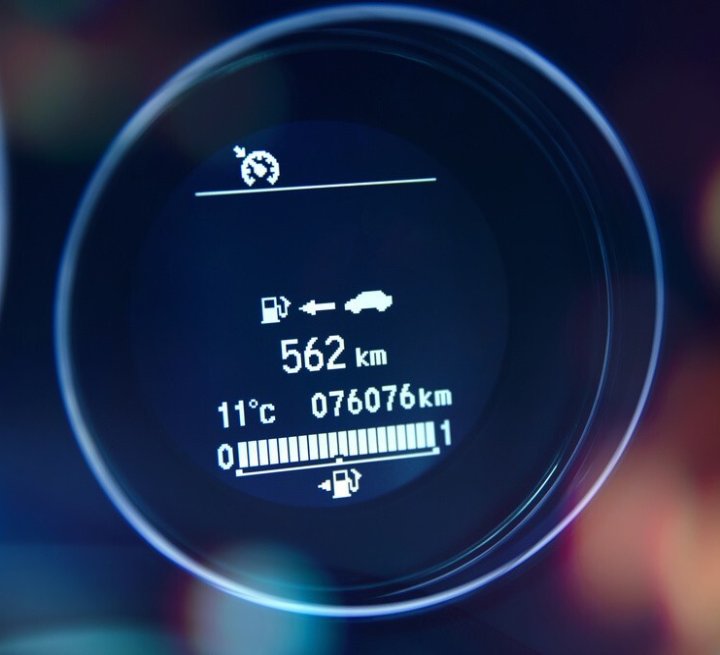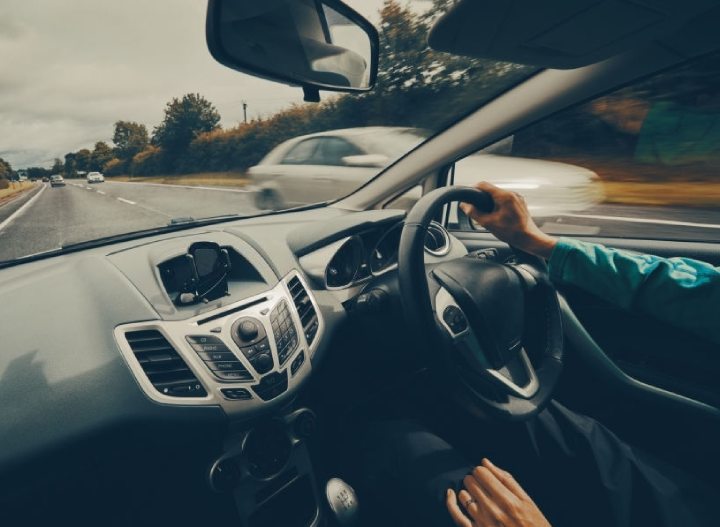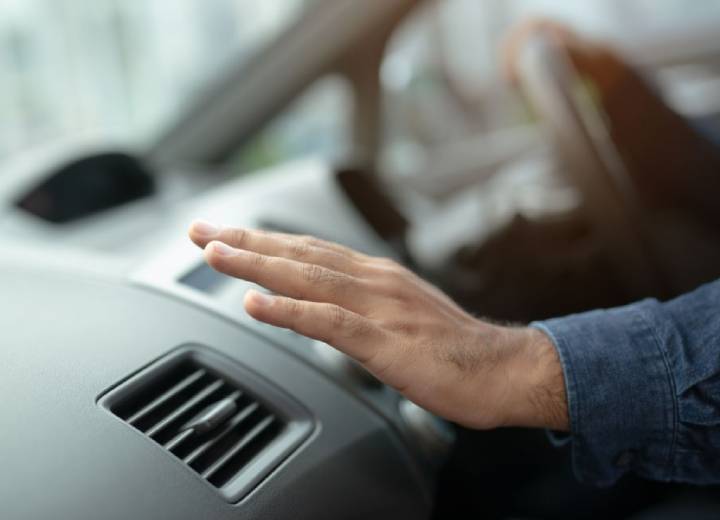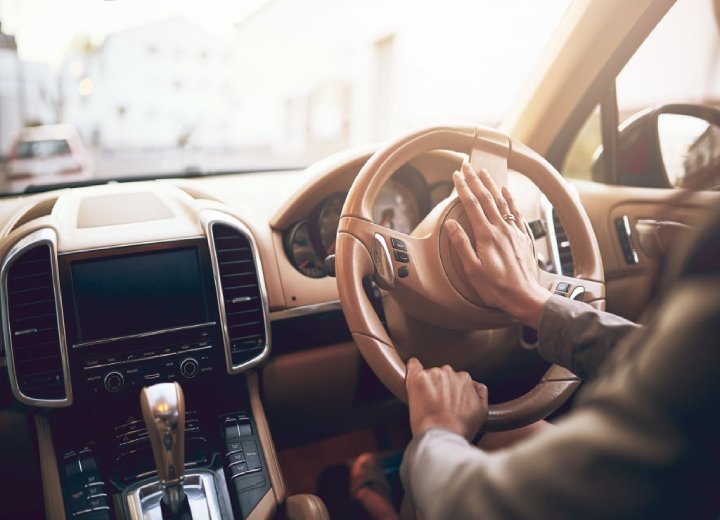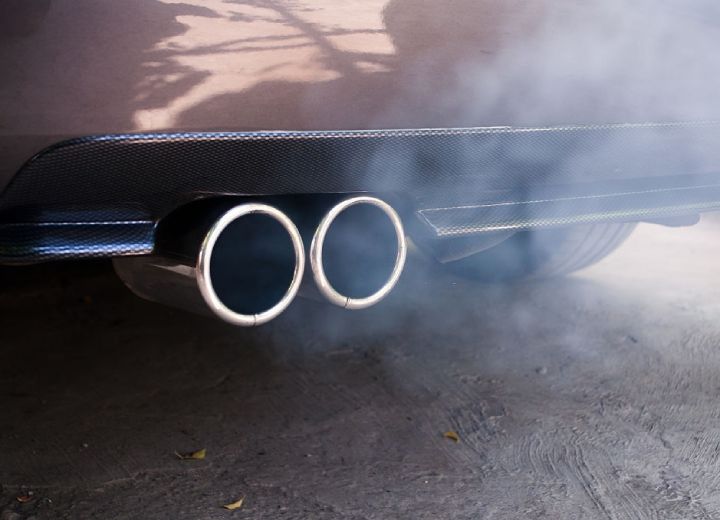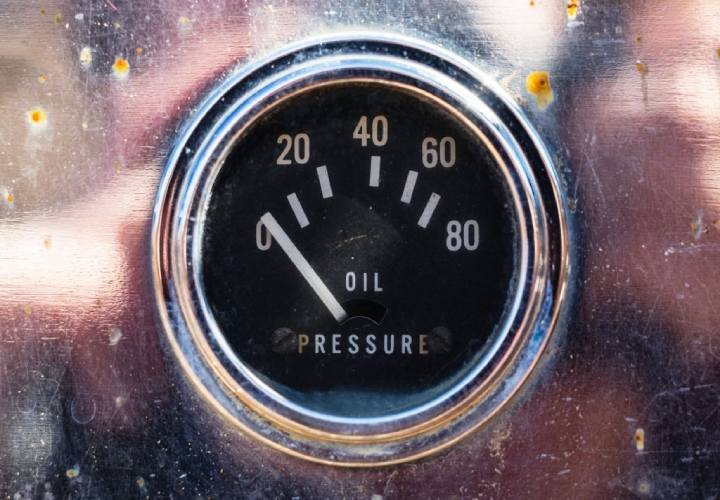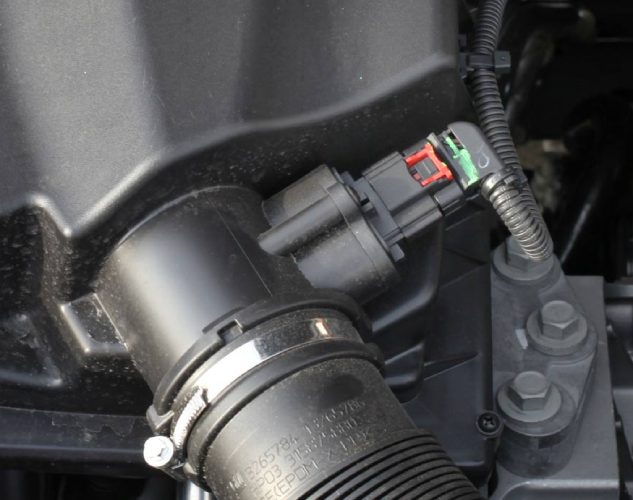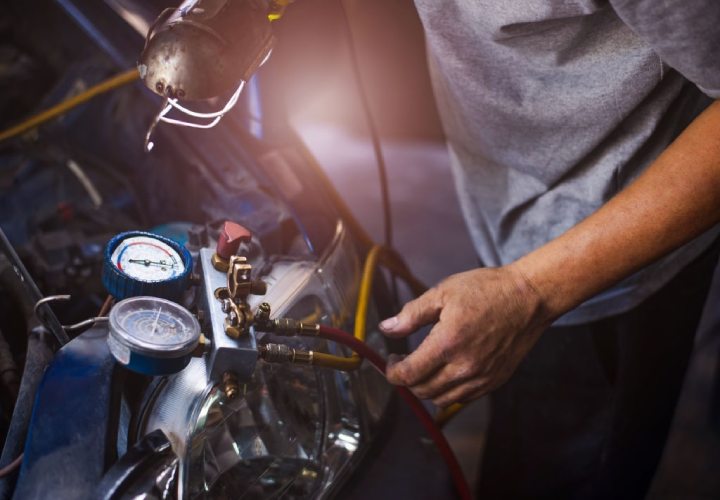Imagine being in a place where everywhere is filled with noise! Loud piercing noise. Awful, right? This is just why every automobile is equipped with a muffler. Without a muffler, the streets would become an uproar.
- Here's How Long You Can Drive Without a Muffler
- What Happens If I Drive Without a Muffler?
- Will Driving Without a Muffler Hurt My Engine?
- Will Driving Without a Muffler Affect Gas Mileage?
- Do You Lose Power If Driving Without a Muffler?
- Is It Illegal to Drive Without a Muffler?
- Will the Check Engine Light Come On Without a Muffler?
- In Summary
The muffler is a device that allows for less noise from the exhaust of an internal combustion engine. Responsible for canceling some of the sound waves that come from the exhaust of the engine, the muffler also helps reduce toxic gasses from your vehicle’s exhaust system.
Here’s How Long You Can Drive Without a Muffler
Driving without a muffler means driving with leakage of toxic gasses in your vehicle’s interior. Exhaust gasses are extremely harmful to your health, particularly carbon monoxide poisoning. Exhaust gasses from the engine are so hot that they could cause an insulating wire to melt due to heat, depending on where the leakage occurs, resulting in a fire.
From a mechanical point of view, you might be able to drive without a muffler for as long as the car will run. But from a safety perspective, if you notice that the muffler is damaged due to excess noise or that it falls off, drive straight to the closest repair shop.
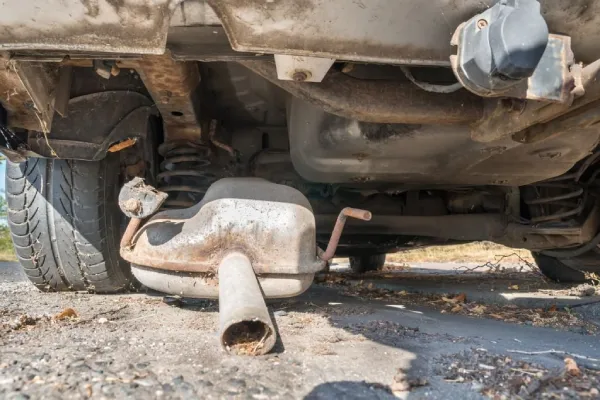
Apart from the leakage, you’ll have to deal with loud sounds that are enough to draw attention to you. And in most states, this level of noise is prohibited and illegal. This may result in a fine, or you could end up having your vehicle seized or your license revoked.
What Happens If I Drive Without a Muffler?
Though sometimes disregarded, mufflers are an essential component of the exhaust system. Driving without a muffler isn’t considered a safe option.
Here are some of the consequences when driving without a muffler:
- Increased pollution
- Poor engine performance
- Poor fuel economy
- Increased noise
- Poor idling
Increased pollution
The essence of a muffler is to reduce toxic gasses that could have hazardous effects. It helps prevent CO from building up in the engine, thereby allowing for fresh air inside the engine. Without a muffler, toxic gasses, instead of going out into the atmosphere, find their way to get underneath the vehicle and into the interior of the vehicle.
These toxic gasses leaking into the vehicle could pose potential health risks to passengers therein, even the driver. Inhaling this results in nausea, headaches, and other respiratory problems. Extreme cases could lead to an individual’s unconscious state.
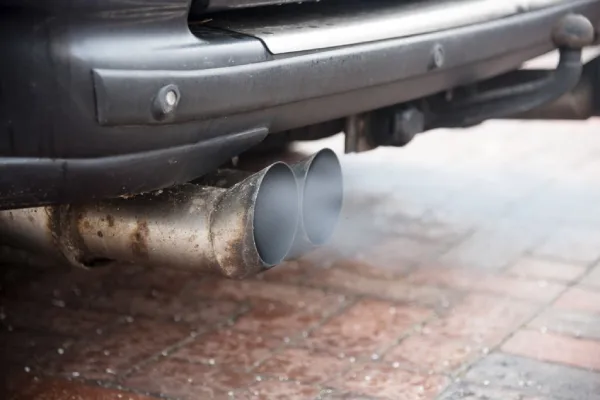
Poor engine performance
Without a muffler, the engine won’t be able to get rid of the exhaust gasses it produces faster. Hence, it tends to limit its performance. Mufflers improves the performance and efficiency of your vehicle’s engine because of the back pressure they create. Less back pressure means less efficiency. In addition, mufflers also collect exhaust gasses and expel them, allowing fresh air into the engine cylinder.
Poor fuel economy
In some cases, a missing muffler can result in poor fuel economy. However, this is not necessary applicable all the time, and the increase in fuel consumption is minimum.
Increased noise
While most states don’t allow sounds of over 85 decibels, cars without mufflers produce more than 90 decibels which have exceeded the maximum sound limit. Mufflers, however, are made up of metals that help absorb noise from the exhaust of the engine resulting in a significant difference.
They are constructed with tubes within them with perforations that reflect sound waves. The sound waves are made to cancel one another rather than be constructive.
Poor idling
When there’s an exhaust leak, it could cause a very rough idle, especially if the leak interferes with the air intake system. At idle, the car should have a certain amount of airflow going through the engine to keep it running. When the leaked emissions enter the air system, it would limit the right amount of airflow from getting into the engine leading to misfiring or poor idling.
Will Driving Without a Muffler Hurt My Engine?
Driving without a muffler can damage your engine over time. The muffler serves important functions like reducing noise, managing backpressure, cooling exhaust gases, and preventing wear on engine components.
Without a muffler, the engine has to work harder to expel gases, causing more vibration and strain. Key issues include:
- Increased wear on cylinders, pistons, bearings from higher pressures and noise
- Engine parts getting hotter from unrestrained exhaust gases
- Higher fuel consumption from engine working harder
- Possible noise citations for exceeding local sound ordinances
While short trips are OK, prolonged driving without a muffler can accelerate wear and reduce your engine’s lifespan. It’s advisable to replace the muffler as soon as possible to prevent damage and avoid potential citations. The investment will extend the life of your engine.
Will Driving Without a Muffler Affect Gas Mileage?
It does affect. By removing the muffler, the gasses that get out of the exhaust are no longer controlled resulting in the vehicle’s total reliance on high gas usage. Also, without a muffler, there’ll be significant leaks. These leaks, depending on where, cause the air and fuel ratio to lean out.
Once this happens the oxygen sensor communicates to the electronic control unit to increase the fuel so the engine does not run lean. This process results in the burning of more gas and you’re left with less gas mileage.
Do You Lose Power If Driving Without a Muffler?
There’s a high possibility of your car losing power. Driving without a muffler can sometimes cause leaks that could affect the vehicle’s performance such as a decrease in power and acceleration. The engine needs enough air to let out exhaust fumes. Without a muffler, leaks could sometimes clog the air system, not allowing enough air into the engine leading to a drop in the engine’s power.
There’s an inability of the engine to be ignited to produce the combustion needed for proper efficiency. If a car has no muffler and it affects the engine, well, the car’s performance is also at stake. There will be a loss in power, loss in acceleration, and loss in efficiency. As the car accelerates, it’ll blow a lot of smoke. Hence, a loss of power.
Is It Illegal to Drive Without a Muffler?
In most places, driving without a muffler is illegal. There are maximum noise limits required by the law. Most cars without mufflers produce sounds of over 90 decibels and this is over the maximum noise required by most states.
And since deleting a muffler from your vehicle will be a violation of such a law, you’ll be required to pay a certain amount of fine and be asked to fix your vehicle. It could also lead to the authorities seizing your vehicle or withholding your driver’s license. Beyond noise violations, removing or tampering with emissions equipment like the muffler and catalytic converter is illegal under the Clean Air Act.
Will the Check Engine Light Come On Without a Muffler?
Check engine light is an indicator that there is an issue with your automobile or engine. And if this light is blinking rather than static it should be given immediate attention. If not, it could cause unexpected damage. So, a steady light means something minor while a blinking means something more serious.
Many factors would make a check engine light come on such as faulty electrical systems, issues with engine control module systems, faulty fuel lines, faulty fuel filters, ignition systems, faulty vacuum systems, timing systems then faulty emission systems.
Talking about emission systems, a muffler is a significant component. The muffler does an excellent job emitting fuel gasses off the emission pipes. Without a muffler installed in a vehicle, leaks can occur leading to potential damage. A car without a muffler can cause the engine light to come on if the leak is around the oxygen sensors.
This oxygen sensor monitors oxygen levels in the exhaust system. If the oxygen is insufficient, the sensor will give a bad reading on the exhaust fumes and this will cause the check engine light to come on. The air filter also can be clogged causing air intake restriction which can cause a rich air-fuel mixture and a check engine light on.
In Summary
The muffler is a part of an exhaust system that aids in the combustion of the engine. It helps to release combustion gasses that, if absent, could leak into the vehicle interiors and cause hazardous effects on health. It’s more beneficial to have it installed in your vehicle and it is more fuel economical.
Considering the cost of gas, I’m sure you’ll not want to go on spending extra funds especially when you know what could limit the cost. Dealing with noise without a muffler is another factor that should be considered. If you can deal with it, how about the violation of the law?
Every since I was a little boy, I can remember spending the afternoons in my dad’s repair shop. I got my first car at 16 and it was the best feeling ever!
I have contributed to various automotive publications but decided it’s finally time to settle for something constant.

